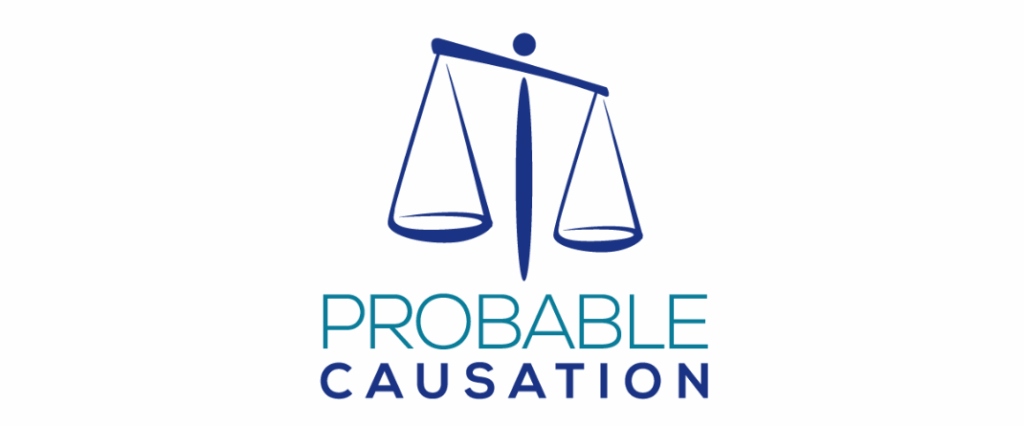Dec 2024
Expanding Access to Addiction Treatment
This paper explores practical strategies to expand access to addiction treatment for persons living with opioid use disorders (OUDs).
This paper explores strategies to expand practical access to evidence-informed addiction treatment interventions among persons living with substance use disorders—particularly persons living with opioid use disorder (OUD), who face remarkable risks of death in the shadow of an escalating overdose epidemic. Almost 100,000 Americans die every year from fatal overdoses. Despite recent declines, more than 70,000 of these deaths involve opioids. Expanding practical access to effective treatments, particularly to medications for OUD (treatments denoted MOUD by addiction treatment providers and researchers), is a central challenge in addressing the overdose epidemic.
Latest Updates
The best way to cut gun violence, and it’s almost free
In an op-ed for Crain’s Chicago Business, Crime Lab Pritzker Director Jens Ludwig highlights the importance of using data-informed practices to improve public safety and shares key insights from behavioral economics that provide a playbook for addressing gun violence that is both effective and low-cost.

Research on cognitive behavioral therapy for at-risk youth
Dr. Nour Abdul-Razzak joins host Jennifer Doleac on the Probable Causation podcast to discuss the Choose to Change program—an intervention that integrates trauma-informed therapy with comprehensive support to reduce youth violence and improve educational outcomes.

Deaths of decision-making are killing American teens. Schools can fix it.
Crime Lab executive director Katie Hill pens an op-ed for Brookings about how cognitive behavioral programs can teach teens decision-making skills that can dramatically reduce violence and save lives – often at little or no additional cost.

